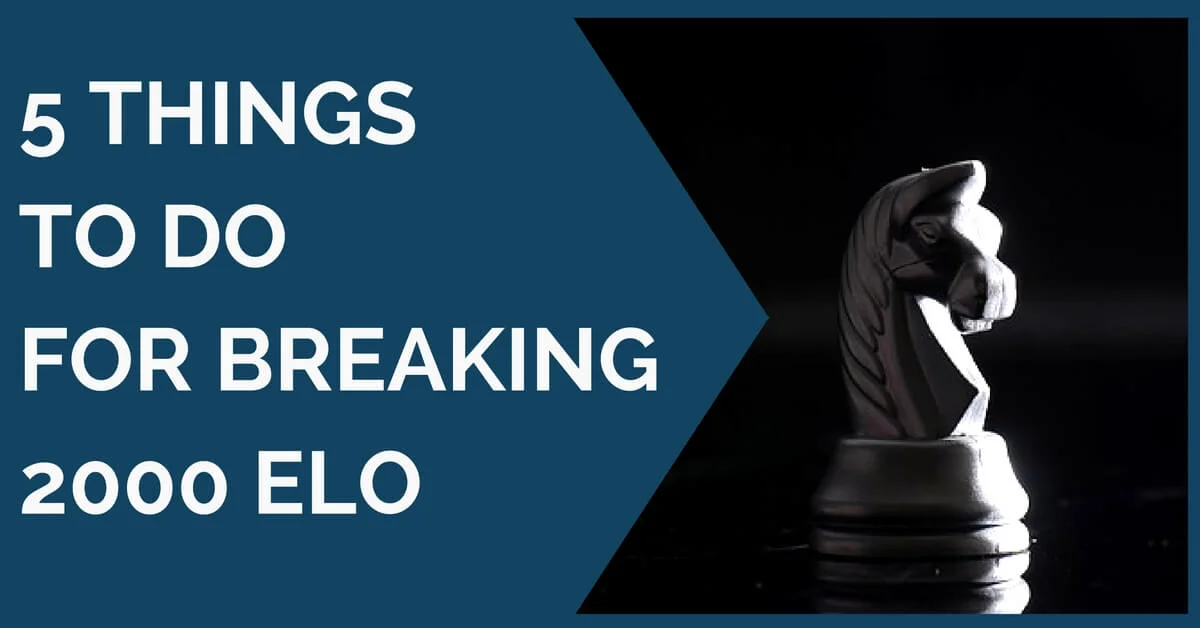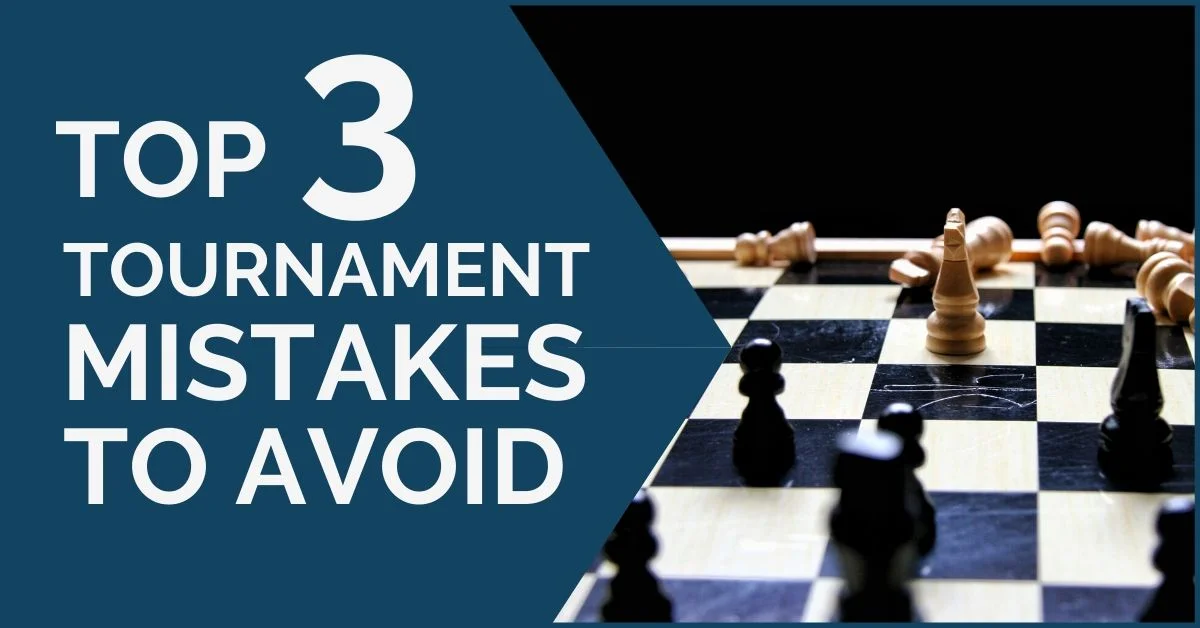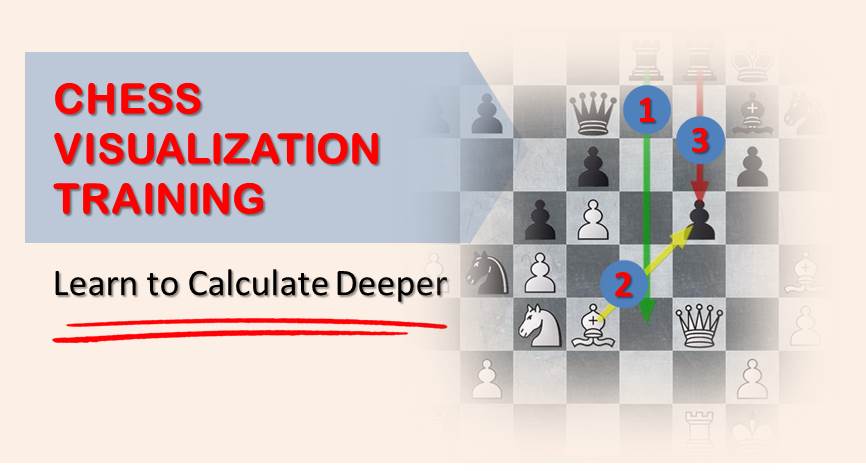Chess Misconceptions: “I will never get better”
Oddly enough, many non-chess players (and even beginner players) believe that ability to play chess well is something inherent. They believe that no matter what they do, they will not be able to progress.
It’s absolutely false. Of course, genetics plays some sort of role in becoming a good chess player, but if you’re not aiming at becoming a grandmaster and the chess world champion, it shouldn’t bother you at all. The truth is this: an average person who trains and plays chess consistently will beat any chess gifted genius who doesn’t practice playing. You’re surprised? You ask me how to improve your chess? The answer is pretty simple and complex at the same time.
The only things you need to do to improve you chess are following:
- Playing Chess
- Analyzing you games after you play
- Solve tactics
- Study classical games
- Study theoretical endgames
Let me go over these 5 really quickly. Obviously, since you want to improve at chess (and not tennis) playing chess is important. How else would you improve at something, if you don’t bother doing it? Yes, playing chess is simple; you can go online log into your favorite server and play a game of two at night. Simple, right? But there is a catch. Playing 10 minutes blitz games all the time will not get you anywhere. If you really wish to improve I recommend you playing long time control games. It can be over the board or online, as long as it’s a long time control game (30 minutes or more for each player) it will do good for your chess.
Next step is analyzing your chess game after you play it. Once again why I recommend playing long time control games is that it gives you some material to analyze. Is is something you are very familiar with, since you were thinking hard during the game in order to win or at least not to lose. Especially, if you lost, analyzing the game is a must. Analyzing a blitz game is waste of time. Somebody said: “One who analyzes a blitz game is stupid”. I totally agree with these words. Analyzing moves that people took seconds to think on does nothing for your chess. You will definitely find a better move, and would think, you didn’t have time to look for it during blitzing. So, stick with long games and try to analyze them.
It seems like there is no need to say that solving tactics, studies, compositions, chess puzzles or whatever else you can call it is extremely important for becoming a better chess player. However, many players just don’t get it. They keep doing what they doing, playing the same way over and over again. Keep missing the same knight forks and mates in 2. Never get bored and never improve. If they just worked on tactics for one hour a day, in a month they would improve their chess more than they have improved it in past year playing.
Why study classical games? Isn’t it the old day’s stuff which is gone forever? Let me give you an example. Say you’re studying to be an engineer and you’re goal is to build a car. In order to do that you need to know how engine works, how ignition system works, how mechanical parts are connected together in the car’s body. You need to look at the cars that were built before, and to learn from it. If you just start from scratch without any previous knowledge it will take you a few hundred years to build a car. Probably you will succeed after that amount time of time spends. Same with chess. Without studying classical games and reading annotations and conclusions you would need to learn the same information through experience by playing tenths of thousands of games and drawing conclusions by yourself. You would need to develop the whole opening theory and endgame theory from scratch. If you want to learn chess in 500 years, it’s probably the way to go. If you desire much quicker results, you should study classical games. The choice is all yours!
What’s so special about theoretical endgames that require studying them? Basically, the endgame is the only part of the game where a little, tiny mistake usually costs a game. If you lose a pawn in the opening or in the middle-game you can still try to recover by playing something sharp and try to win or draw before transposing into the endgame. Endgame is a different story. With only pawns and kings left, not only every pawn counts, every little tempi counts. Position of you king can be decisive and separate a winner from loser. By studying theoretical endings you will understand the fundamentals of that part of the game and will be able to win drawn games and not lose lost ones.










Comments: